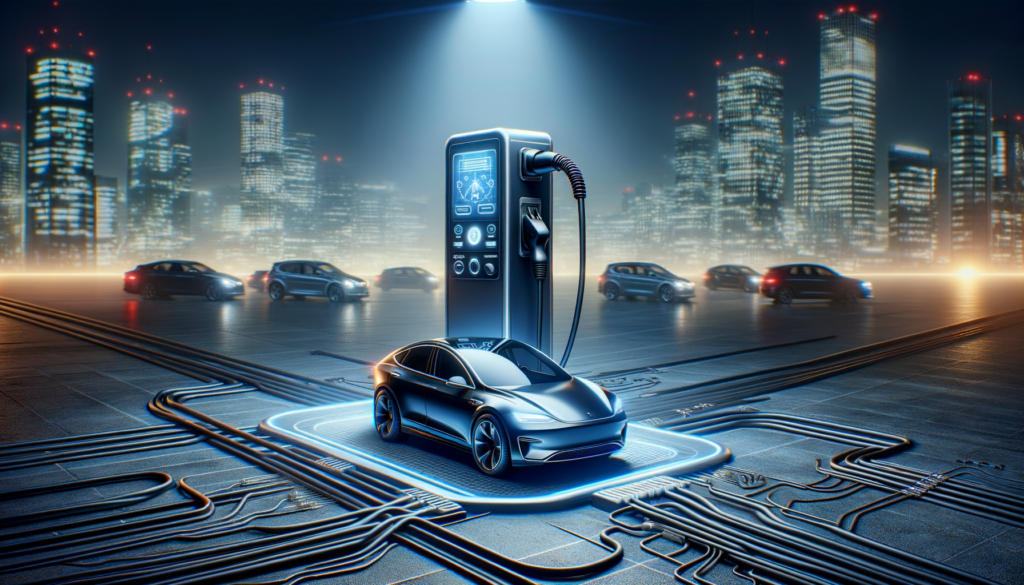The Education Blog

Introduction to Electric Car Chargers
As the world shifts towards sustainable energy solutions, electric vehicles (EVs) have become a significant part of the automotive landscape. Central to the use of EVs is the electric car charger, a device that provides the necessary power to recharge vehicle batteries. Understanding the different types of chargers, their installation processes, and benefits is crucial for anyone considering an electric vehicle. This article aims to provide a comprehensive guide to electric car chargers, offering insights into their functionality and the future of EV charging technology.
Types of Electric Car Chargers
Electric car chargers come in various forms, each suited to different needs and scenarios. The primary types are:
- Level 1 Chargers: These are the most basic type, using a standard 120-volt outlet. They are ideal for overnight charging at home, offering a slow but steady charge.
- Level 2 Chargers: Operating at 240 volts, these chargers are faster and more efficient than Level 1. They are commonly installed in homes and public charging stations.
- DC Fast Chargers: These provide rapid charging and are typically found at commercial locations. They use direct current to charge vehicles significantly faster than AC chargers.
Each type of charger serves a specific purpose, and the choice often depends on the user’s daily driving habits and available infrastructure.
Installation and Considerations
Installing an electric car charger requires careful planning and consideration of several factors. For home installations, one must consider the electrical capacity of their home, the type of charger suitable for their vehicle, and the installation costs. Professional installation is recommended to ensure safety and compliance with local regulations.
Public charging stations, on the other hand, require strategic placement to maximize accessibility and convenience for users. Factors such as location, charging speed, and payment methods play a crucial role in the effectiveness of public charging infrastructure.
Benefits of Electric Car Chargers
Electric car chargers offer numerous benefits, both for individual users and the broader environment. For users, the convenience of charging at home or at readily available public stations is a significant advantage. Additionally, electric vehicles often have lower maintenance costs compared to traditional vehicles, partly due to the efficiency of electric charging systems.
On a larger scale, the widespread adoption of electric car chargers contributes to reduced greenhouse gas emissions, supporting global sustainability goals. As more renewable energy sources are integrated into the grid, the environmental benefits of electric vehicles and their chargers will continue to grow.
The Future of Electric Car Charging
The future of electric car charging is promising, with advancements in technology poised to make charging even more efficient and accessible. Innovations such as wireless charging and ultra-fast charging stations are on the horizon, potentially revolutionizing how we power our vehicles.
Moreover, as the electric vehicle market expands, the infrastructure for charging will need to grow accordingly. This includes increasing the number of public charging stations and integrating smart grid technology to manage energy consumption effectively.
Conclusion
Electric car chargers are an essential component of the electric vehicle ecosystem, offering numerous benefits and opportunities for innovation. As technology advances and infrastructure expands, the role of electric car chargers will become even more critical in supporting a sustainable transportation future. For consumers, understanding the various types of chargers and their benefits is key to making informed decisions about electric vehicle ownership.









